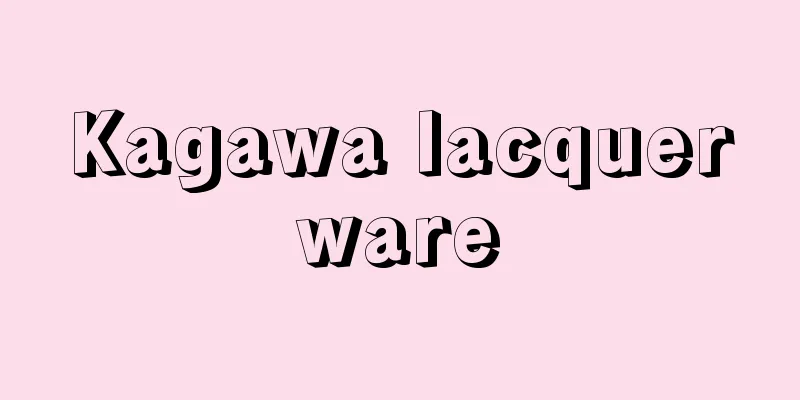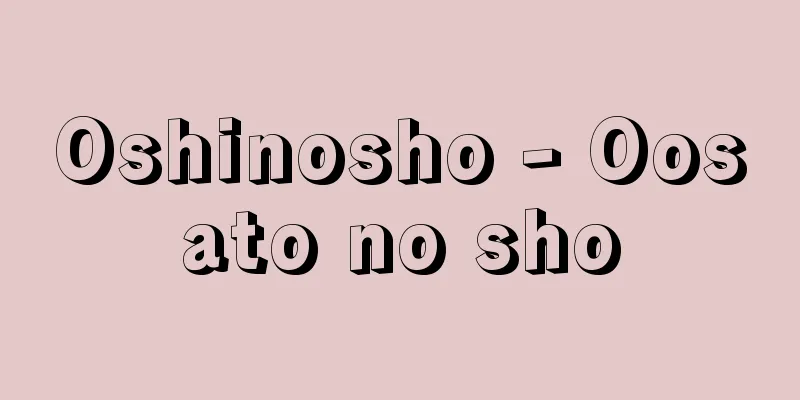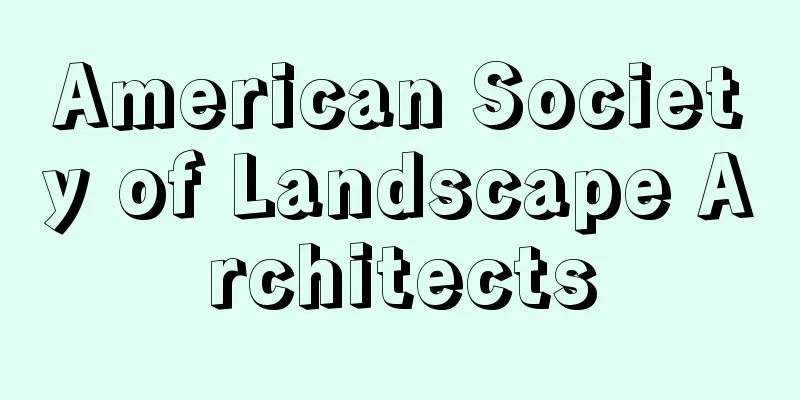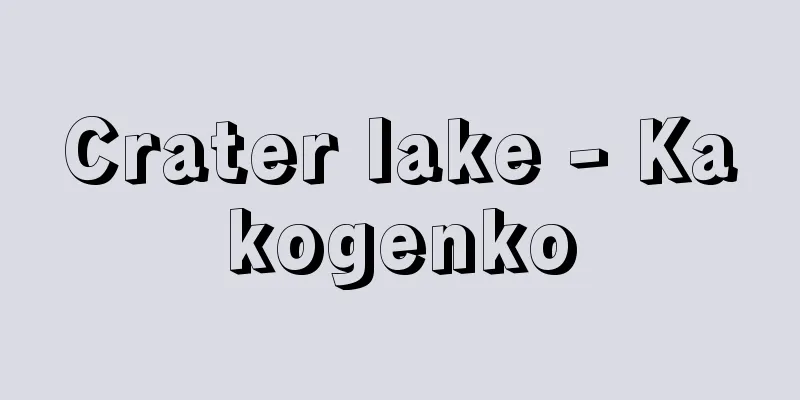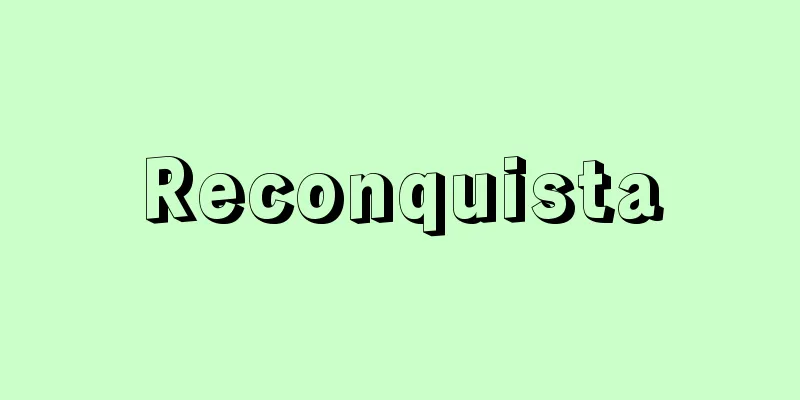Sociology of education
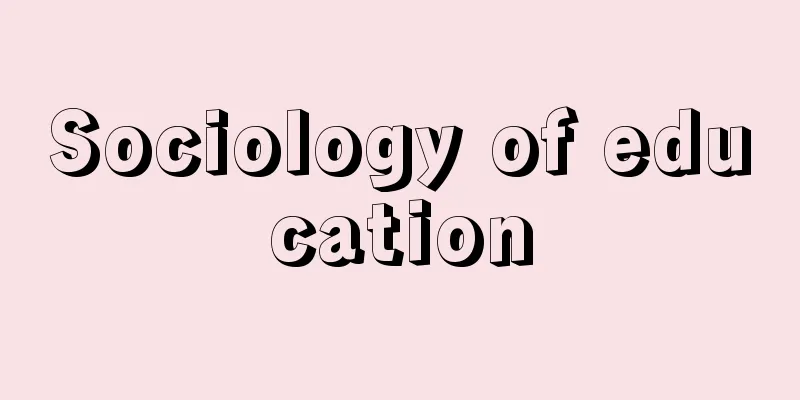
|
Sociology of education is a subfield of sociology that regards education as a social phenomenon and empirically and objectively studies the interrelationship between education and society, i.e., the social function of education, the social conditions, structure, and process of education, etc. It can be considered a branch of pedagogy because of its research subject, but sociology of education is [Michiya Shinbori] PersonalityThe academic character of the sociology of education can be broadly divided into two positions. One is that of applied sociology, which was common in early sociology of education in the United States. This is called "educational sociology," which seeks to apply sociological theory and knowledge to educational practice, and has a strong interest in practical, operational matters. In contrast, there is the "sociology of education" position, which suppresses practical concerns in order to increase the objectivity of scholarship and studies education as a social phenomenon in a more scientific way. This position is currently the mainstream in sociology of education. However, in the 1970s, a third perspective called the "new sociology of education" emerged, mainly in the UK. This perspective was liberated from positivism and structural-functionalism, which were the foundations of the traditional "sociology of education," and placed emphasis on internal factors such as subjective understanding and ideology, as well as social conflict and change, and used theories and methods such as phenomenological sociology, symbolic interactionism, and ethnomethodology. For example, research on the hidden curriculum, which focuses on the hidden intentions and unexpected effects behind codified educational goals and educational content, educational discourses and language codes found in everyday educational settings, etc. became popular. As part of this trend, a perspective called the post-"new sociology of education" was born after the 1980s. This is understood as part of postmodernism and is close to the deschooling theory, but it tries to take a critical look at the social functions of education that have traditionally been dealt with in the sociology of education, such as modernization and education, human resource development, screening, academic credentials, credentialism, etc. A representative example is the theory of cultural capital, which sees education as the reproduction of inequality through culture. In connection with this, there was growing interest in educational pathologies, such as involuntary school attendance, juvenile delinquency, and deviance, which arose in tandem with the spread and generalization of schools. Research into these issues was sought in the sociology of education, and labeling theory, which emphasizes the role played by social labels for deviants, became popular. [Michiya Shinbori] historyAlthough he did not use the term "sociology of education," it was Durkheim who established the foundations of today's "sociology of education" theory, and it was in America that the term "sociology of education" first appeared and was institutionalized. The Department of Sociology of Education was founded at Columbia University in 1916, the American Association for the Study of Education was formed in 1923, and its journal, the Journal of Sociology of Education, was launched in 1928. It was around this time that research into the sociology of education actually began, but before World War II, it had a strong character of the "educational sociology" mentioned above. In Japan, after the Second World War, under the strong influence of America, the sociology of education was fully established. In 1949 (Showa 24), courses and subjects on the subject were established at universities under the new educational system, and the following year the Japanese Society for the Sociology of Education was formed. The society holds a national conference every year and publishes its journal, "Research on the Sociology of Education," twice a year. As of 1999 (Heisei 11), the number of members is 1,237. In 1986, the society edited and published the "New Dictionary of the Sociology of Education" (Toyokan Publishing). [Michiya Shinbori] Research TrendsThe sociology of education in Japan is subject to the global trends mentioned above, but its research field continues to expand. The Japanese Society for the Sociology of Education asks its members to report their achievements every year and publishes the results in its journal, which are categorized as follows: (1) general theory (theory, methodology, academic history, etc.), (2) human development (socialization, deviance, pathology, gender, etc.), (3) family, (4) school (system, policy, management, organization, teacher, instruction, curriculum, entrance examination, selection, etc.), (5) higher education (system, policy, management, professorship, curriculum, teaching method, entrance examination, selection, student culture, graduate school, etc.), (6) lifelong education and learning, (7) local community, (8) culture (media, mass communication, intercultural education, etc.), (9) social structure and social system (class, social mobility, social change, academic background, academic cliques, etc.), (10) economy (human resource development, corporate training, labor, occupations, etc.), and (11) educational technology (audiovisual education, computer education, etc.). Although there are various research methods, subjects, and perspectives, three levels are broadly distinguished: micro, meso, and macro, which can be called social psychology, cultural anthropology, and historical/systemic approaches, respectively. Among the above classifications, themes that have attracted particular attention are (2) deviance, pathology, and gender, (5) higher education, and (9) social structure and systems, such as educational opportunities and meritocracy, and in terms of methodology, social history, ethnomethodology, and clinical research. [Michiya Shinbori] "Lectures on the Sociology of Modern Education, edited by Shimizu Yoshihiro, 5 volumes (1975-76, University of Tokyo Press)" ▽ "Niihori Michiya and Kataoka Norio eds., Principles of the Sociology of Education, (1977, Fukumura Publishing)" ▽ "Education and Social Change, edited by Karabel Halsey, translated by Shioki Morikazu, Amano Ikuo and Fujita Hidenori, (1980, University of Tokyo Press)" ▽ "Sociology of Education, edited by Tomoda Yasumasa, (1982, Yushindo Kobunsha)" ▽ "Sociology of Education, edited by Shibano Shozan, Kikuchi Joji and Takeuchi Hiroshi, (1992, Yuhikaku)" ▽ "Studies in the Sociology of Education, 50th Anniversary Edition, edited by the Japanese Society for the Sociology of Education, (1992, Toyokan Publishing)" [References] | | | | | |Source: Shogakukan Encyclopedia Nipponica About Encyclopedia Nipponica Information | Legend |
|
教育を社会事象としてとらえ、教育と社会との相互関係、すなわち教育の社会的機能や、教育の社会的規定条件、構造、過程などを実証的、客観的に研究する社会学の下位領域。その研究対象から教育学の一分野と考えることもできるが、教育社会学は、 [新堀通也] 性格教育社会学の学問的性格には二つの立場が大別される。一つは応用社会学としての性格であり、アメリカにおける初期の教育社会学に多くみられる。これは「教育的社会学」educational sociologyと称され、社会学の理論や知見を教育実践に応用しようとするもので、実践的、実用的関心が強い。これに対して、学問の客観性を高めるために、実践的関心を抑制して、より科学的に社会事象としての教育を研究する「教育の社会学」sociology of educationの立場がある。現在、教育社会学の主流をなすのはこの立場である。 もっとも1970年代、主としてイギリスに「新しい教育の社会学」new sociology of educationと称する第三の立場が出現した。これは、従来の「教育の社会学」の基本をなす実証主義や構造機能主義から解放されて、主観的理解やイデオロギーのような内面的要因、社会の葛藤(かっとう)や変動を重視し、現象学的社会学、シンボリック相互作用論、エスノメソドロジーethnomethodologyなどの理論や方法を援用する。そこでたとえば、成文化された教育目標や教育内容の背後に隠された意図や予期せぬ効果に注目するヒドン・カリキュラム、日常の教育現場にみられる教育言説、言語コードなどの研究が盛んになった。この流れの一部とも考えられるが、1980年代以後、ポスト「新しい教育の社会学」と称される立場が生まれた。これはポスト・モダニズムの一環とも解され、脱学校論に近いが、従来、教育の社会学がたえず扱ってきた教育の社会的機能、たとえば近代化と教育、人材養成、スクリーニングscreening(適格審査)、学歴、クレデンシャリズムcredentialism(学歴主義)などに対して、批判的な目を向けようとする。教育を文化による不平等の再生産であるとする文化資本論などがその代表である。 これと関連して、学校の普及、一般化と並行して発生する不本意就学、青少年非行、逸脱など、教育病理への関心が高まり、その研究が教育社会学に求められ、逸脱者に対する社会的ラベルの果たす役割を重視するラベリング理論がもてはやされた。 [新堀通也] 歴史教育社会学という名称は使わなかったにしても、今日の「教育の社会学」的な理論を基礎づけたのはデュルケームであるが、教育社会学の名称や制度化が出現したのはアメリカにおいてである。1916年コロンビア大学に教育社会学科が創設され、23年全米教育社会学会の結成、28年その機関誌『教育社会学雑誌』の創刊が行われた。実質的に教育社会学の研究が始められたのはこのころからであるが、第二次世界大戦前は先に述べた「教育的社会学」の性格が強かった。 日本では第二次世界大戦後、アメリカの強い影響を受けて、教育社会学が本格的に成立した。1949年(昭和24)、新制大学にその講座や学科目が開設され、翌年日本教育社会学会が結成された。学会は毎年全国大会を催すとともに、年2回機関誌『教育社会学研究』を発行する。1999年(平成11)現在、会員数は1237名である。1986年には学会が編集して『新教育社会学辞典』(東洋館出版)が出版された。 [新堀通也] 研究動向日本の教育社会学は前述のような世界的な流れを受けているが、その研究領域は拡大し続けている。日本教育社会学会は毎年、会員に業績報告を求め、その結果を機関誌に掲載しているが、それは次のように分類されている。(1)総論(理論、方法論、学史など)、(2)人間形成(社会化、逸脱、病理、ジェンダーなど)、(3)家族、(4)学校(制度、政策、経営、組織、教師、指導、カリキュラム、入試、選抜など)、(5)高等教育(制度、政策、経営、教授職、カリキュラム、教授法、入試、選抜、学生文化、大学院など)、(6)生涯教育・生涯学習、(7)地域社会、(8)文化(メディア、マス・コミュニケーション、異文化間教育など)、(9)社会構造・社会体制(階層、社会移動、社会変動、学歴、学閥など)、(10)経済(人材養成、企業内教育、労働、職業など)、(11)教育工学(視聴覚教育、コンピュータ教育など)。 研究の方法や対象、視点もさまざまであるが、ミクロ、メゾ、マクロの3レベルが大きく区別され、それぞれを社会心理学的、文化人類学的、歴史・体制的アプローチと称することができる。前述分類のうち、とくに注目されているのは、(2)の逸脱、病理、ジェンダー、(5)の高等教育や(9)の社会構造・社会体制に関係して、教育の機会やメリトクラシー(能力主義)などのテーマであり、方法論的には社会史やエスノメソドロジー、臨床的研究などが注目されている。 [新堀通也] 『清水義弘監修『現代教育社会学講座』全5巻(1975~76・東京大学出版会)』▽『新堀通也・片岡徳雄編『教育社会学原論』(1977・福村出版)』▽『カラベル・ハルゼー編、潮木守一・天野郁夫・藤田英典訳『教育と社会変動』(1980・東京大学出版会)』▽『友田泰正編『教育社会学』(1982・有信堂高文社)』▽『柴野昌山・菊池城司・竹内洋編『教育社会学』(1992・有斐閣)』▽『日本教育社会学会編『教育社会学研究』第50集記念号(1992・東洋館出版)』 [参照項目] | | | | | |出典 小学館 日本大百科全書(ニッポニカ)日本大百科全書(ニッポニカ)について 情報 | 凡例 |
Recommend
Trentepohlia aurea (English spelling)
…[Mitsuo Chihara]. . . *Some of the terminology t...
Sanmei
A prefecture-level city in central Fujian Provinc...
Collarbone - Collarbone
A pair of long bones that connect the acromion en...
Nicaragua rosewood (English spelling)
...It is used for the interior walls of buildings...
Leovigild
...This made it possible to form a political syst...
Esmarch, JFAvon - Esmarch
...In Berlin, Germany, where medicine had been la...
Osmanthus fortunei (English spelling) Osmanthusfortunei
… [Toshio Hamatani]. … *Some of the terminology t...
Tectaria (English name)
An evergreen perennial fern of the Dryopteridaceae...
Fine Gael
...Local government is administered by 27 county ...
Vascular bundle
The term often simply refers to vascular tissue, ...
Strapon
...From the late 1920s, the government strengthen...
Dhaulagiri [mountain] - Dhaulagiri
A high peak in the central Nepal Himalayas. Its na...
Rice porridge - Rice porridge
It is a type of grain cooking method that, in a b...
Ganoin substance
…While the shield scales are degenerate in chimae...
Ly Dynasty - Ly (English spelling)
Vietnam's first long-term stable dynasty. 1009...
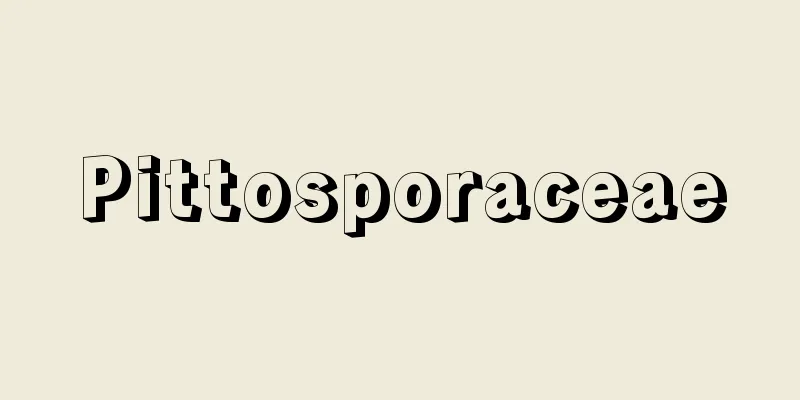
![Kuki [city] - Kuki](/upload/images/67cb670010e69.webp)

